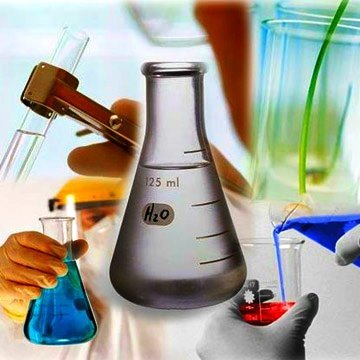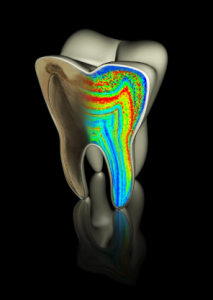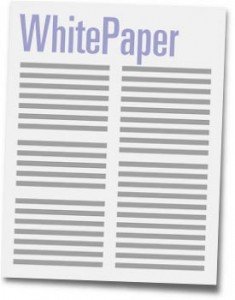Effects of dietary protein level and clinoptilolite on the weight gain and liver mineral response of growing lambs to copper supplementation
1 min read
Growing male Synthetic I (1/2 Finnish Landrace x 1/4 Dorset x 1/4 Rambouillet) lambs were used in two experiments (64 lambs in Exp. 1 and 63 in Exp. 2) to test the hypothesis that dietary CP level (9 or 14% of diet as fed) and(or) clinoptilolite (clino; 0 or 2% of diet) affects growth and tissue mineral concentrations of growing lambs fed supplemental Cu.
Lambs were individually fed their respective diets ad libitum and killed after 12 wk (Exp. 1) or 16 wk (Exp. 2) to obtain carcass measurements, organ weights and liver mineral concentrations.
In Exp. 1, 20 ppm added Cu (as CuSO4.5H20) increased mortality and depressed BW gain (P < .01) and daily feed intake (P < .05) in the presence or absence of clino and at both levels of CP. Liver Cu concentration was greater (P < .01) in lambs fed added Cu than in those not fed Cu (408 ppm vs 110 ppm, respectively). Neither CP nor clino affected liver Cu concentration. Clinoptilolite increased daily gain of lambs fed high CP but not low CP (P < .01).
In Exp. 2, clino in the diet had no effect on daily gain or daily feed, but 20 ppm Cu addition depressed daily gain (P < .01) and gain/feed (P < .07). Organ weights and levels of trace elements other than Cu in the liver generally were not affected by diet in either experiment.
It is concluded that high dietary CP or 2% dietary clino did not protect against toxic signs of Cu when Cu was added to the basal diet (10 ppm Cu) at 10 or 20 ppm.






